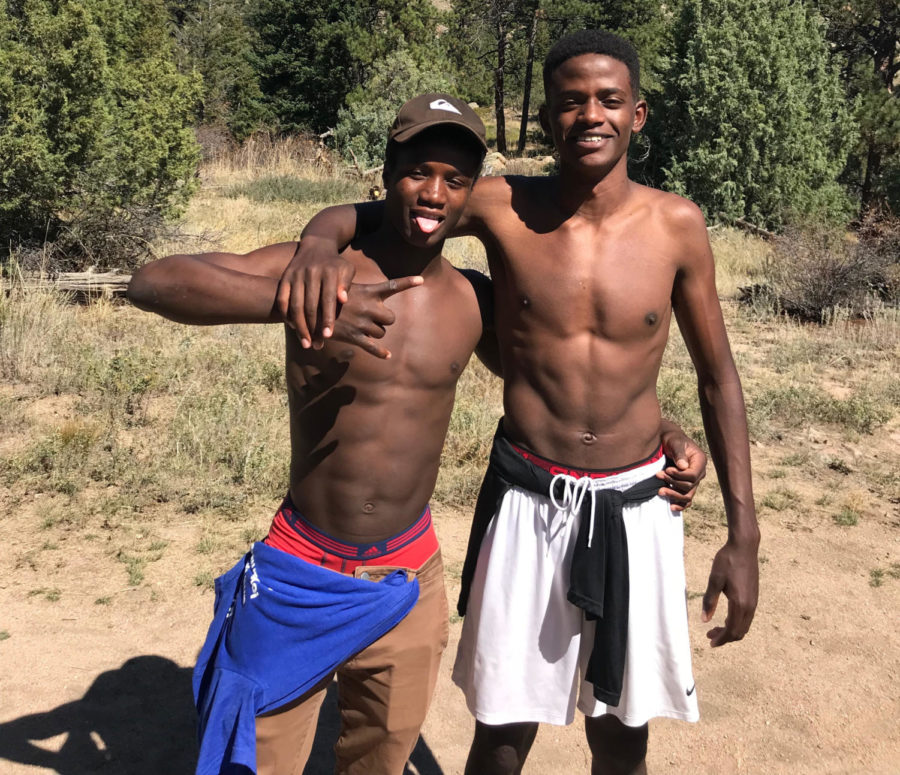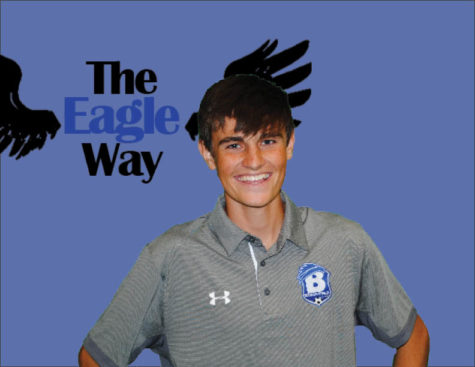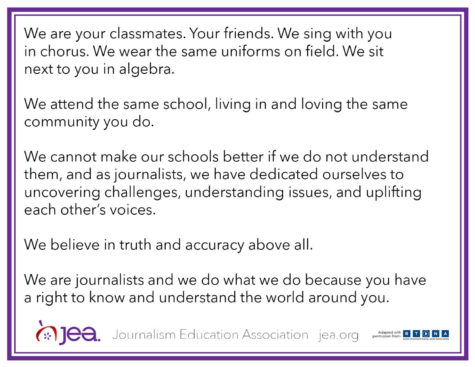African Hearts
The extraordinary story of two Eagle’s journey from the heart of Africa.
November 6, 2018
Adoption for a child is a life-altering experience. It involves the uprooting of a person out of all they know — their culture, their family, their friends, and then requires a complete restart for that child. Even though this occurrence is heart wrenching for both child and parent, it often presents the child with far more opportunities. It allows them to have a greater capacity to see the good in life, which is something that is lacking in our society.
In our school, there are two boys who share a similar backstory on how they got to Broomfield High, and it is not the typical route. Their names: Mawolo Easton and Tariku Nunez. Mawolo and Tariku are junior boys at Broomfield. They play on the soccer team and play large roles within the program. But before all this, their journeys started in Africa, Liberia for Mawolo and Ethiopia for Tariku. The lives they led in Africa were far different than the lives they lead here, and there aren’t many people here in Broomfield who quite understand how different they were.
Mawolo comes from a country torn apart by war and disease. When he was born in Liberia, civil war consumed the village. This spurred many problems regarding resources because there weren’t many resources to start with, and the ones that were available mostly went to the soldiers. His interactions with war and the lack of resources is quite unique, he said, “I remember going into the market and just seeing people with guns, Ak-47s, and hearing gunshots everyday. I didn’t think anything of it, it was the norm.” This was the initial reason why Mawolo was sent to an orphanage; his family could not take care of him and his little sister Keba, and the conditions were not those that two young children should be brought up in.
Mawolo also spoke about one experience he’ll never forget about regarding his younger sister Keba: “We lived in a little mud house and we were just in the front yard playing, in the river and rain water. Keba fell in and got a plastic bag stuck on her head. I had to jump in and pull her out, I think I was five years old,” he said.
The situation he was in was no place for a child to be raised. His parents came to the realization that he must be put up for adoption. Mawolo and Keba went to a little orphanage in Liberia. They didn’t stay too long, but they were the last kids who left the orphanage. He found out later that the orphanage was destroyed in the war. Mawolo is extremely grateful to be here in Broomfield.
He said, “I don’t understand how I am here, I am so thankful to God that I have this opportunity to be here. There are kids around the world suffering and I get to be here.”
Tariku comes from Ethiopia in eastern Africa. His family was close knit, apart from his father. All of his family’s lifestyle (cousins, uncles, aunts, grandparents) was subsistence based. He said, “In Africa, my house had seven people living in it. We had one bed for three of us. And we didn’t have a system for water, clean water.”
Tariku’s father was a butcher, and the rest of his family worked around the house collecting food and water. His father had to work tirelessly to try and bring in money for the house. Tariku explained that no resources were wasted there. They couldn’t afford it: “We ate almost every part of the cow, or it came into use in some way.” He was going to follow in his father’s footsteps and become a butcher, but that job was not appealing to him in any way. “My parents tried putting me in school, but that didn’t really work out because it’s expensive and we didn’t have the money. I wanted to help out my family, but I didn’t really have any other aspirations. All I knew was gathering food and water.”
All these problems with food, water, and education finally came to a head, and Tariku’s parents decided to take him to an adoption center called Layla. He was there for a few months, where he and his brother spent the days trying to read American picture books and learning about the place they were destined to go. The day finally came when he was adopted with his brother, and the whole process of leaving their entire culture and family behind started.
Tariku was adopted when he was nine; he still remembers vividly what it was like to be in Ethiopia. He said the culture shock of coming to America was insane: “I didn’t know people like Mexicans existed and I thought planes were spaceships.” After he settled into this new culture, and had traveled halfway around the world, he was inspired by travel and adventure. His adoption influenced his aspiration to become a pilot. He said, “My [birth] mom has always been the one who wants to go places and see things. And she hasn’t ever had to chance to fly to places like Australia and see the whole new environment. Once I see the world, I feel like they deserve to see the world after giving me a chance to see it. I want to be able to fly my family where they can’t go.”
Both Mawolo and Tariku have been able to see the world in a new light after their initially harrowing beginnings. They have become close with one another this year through soccer and through sharing their early life experiences with one another. Tariku said, “We both know where we come from. We both know what’s always in the back of our heads. I feel like we have this natural connection. It’s amazing to be able to talk to somebody else. He can understand.” Life’s not always fair, and people are dealt hard lives, but these two have seen the best out of their situations. They have been inspired by their hardship. Mawolo said, “I don’t know what life’s got planned, but we’re excited.”







Beth Feenstra • Nov 9, 2018 at 5:51 pm
Very inspirational and well written article.